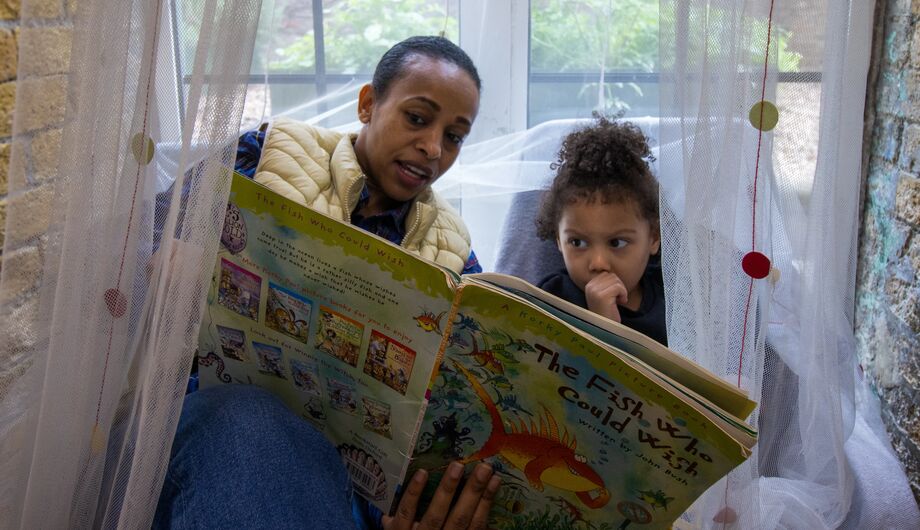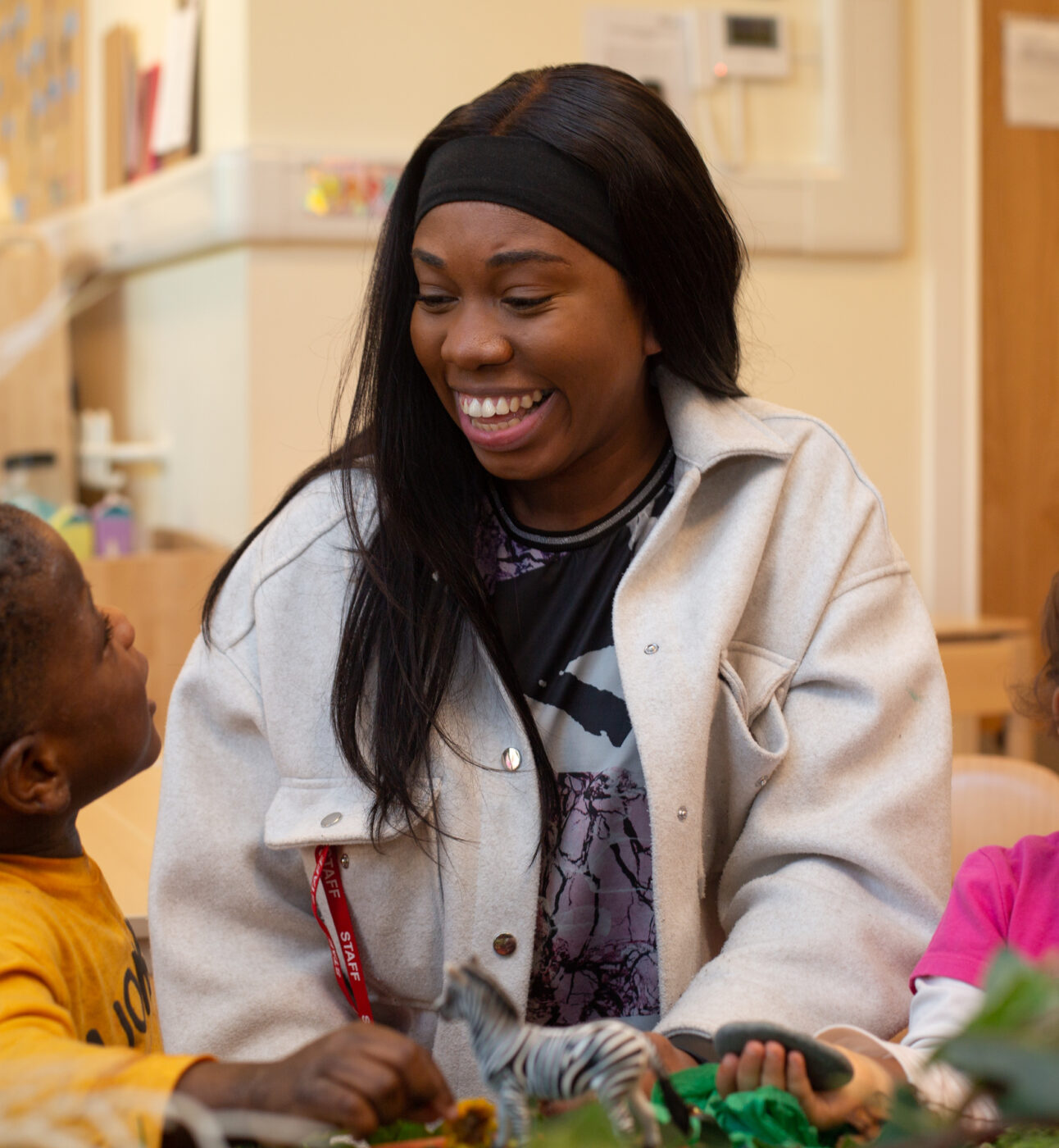
The Power of Intergenerational Nurseries
Talking Early Years: June O’Sullivan and Sue Egersdorff The world is changing fast. Technology is accelerating how we live, work and even care, but in that rush, you…
January 26th 2022
Time to Put Empathy at the Heart of Pedagogy
I first got to know Helen Garnett when I met her at an Empathy Lab event and was enthralled by her description of the word ‘empathy’. I went away and read her inspirational book, Developing Empathy in the Early Years: A Guide for Practitioners whereby she states ‘Empathy doesn’t grow on trees, it grows organically and incrementally’.
For me, that was a lightbulb moment. I soon realised that both children and adults were not born with a given level of empathy. On the contrary. It is developed throughout each of our lives and is a vital skill. Furthermore. empathetic behaviour doesn’t just happen – it is caught within a loving and nurturing environment.
In other words, empathy is stepping inside another person, living in their world, looking through their eyes and understanding their history. It’s our ability to share and understand one another’s feelings — a psychological “superglue” that connects us. It also requires us to make an effort. This is important because empathy (and the world’s ability to be kinder) is sadly in decline. We are responding less to the suffering of others and paying much more attention to our own needs. We are less likely to respond to others’ problems in case it ‘unsettles’ our comfortable lives. In my opinion, it should come from the L’Oréal culture: “because you are worth it.”
At a time when there is much talk of self-regulation and co-regulation, understanding empathy and putting it at the heart of any Early Years setting is critical. Children build empathy through pretend play and that includes mimicking the adults they see around them. In a piece of research, we recently conducted about the use of bikes in nurseries, we closely observed the children and noticed that much of their role play involved acting out the behaviour of their parents. Suffice to say that impatience, road rage and crankiness were all brought to life.
So, what can we do to increase empathy?
As adults, our job is to teach children empathy. Whilst learning it literally grows in the brain, the capacity for empathy will be lost if those regions of the brain are not used enough.
Adults must provide a stable, non-judgemental, sensitive and reliable presence to help children negotiate their space, their relationships and their feelings. Giving a name to these feelings is important to help children recognise and then manage their feelings. Using stories, conversations, helicopter drama, pretend play and other regular teaching techniques confirms this practice and sets the foundation for empathetic children to become empathetic adults. Empathy gives children a voice which helps them to make decisions and choices and opens up the opportunity to develop a growth mindset.
One of the best ways we can help ourselves starts with caring for each other. As leaders, we must understand the power of this which breeds both kindness and supports emotional intelligence. Simon Sinek in his Ted Talk says empathy is taking care of people in our charge. He also tells us that empathy is linked to a sense of purpose and wellbeing for a job done well. Therefore, it needs to be centre of our pedagogies because when it’s tangible and visible, we grow empathetic children and a hopeful future.

Talking Early Years: June O’Sullivan and Sue Egersdorff The world is changing fast. Technology is accelerating how we live, work and even care, but in that rush, you…

If you have been frog marched through books, why would you ever read for pleasure? The award-winning author and screenwriter Frank Cotterell-Boyce is the 13th Children’s Laureate of…

Change the Way you Greet them There is a lot of concern about recently qualified staff who appear…